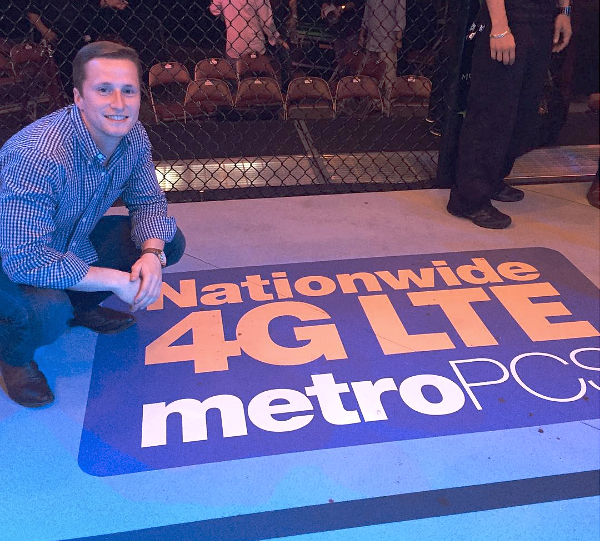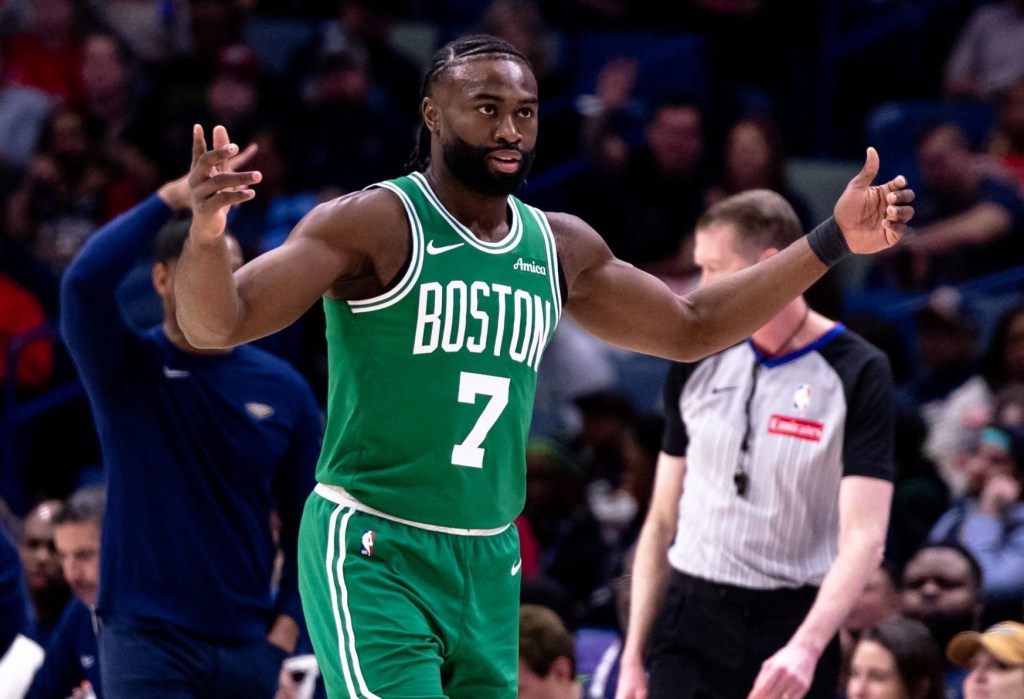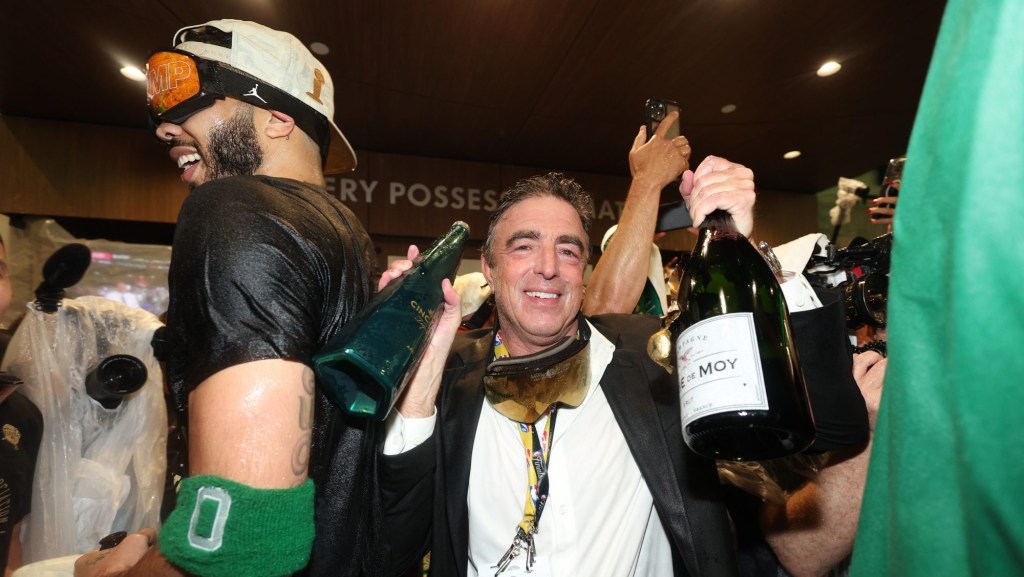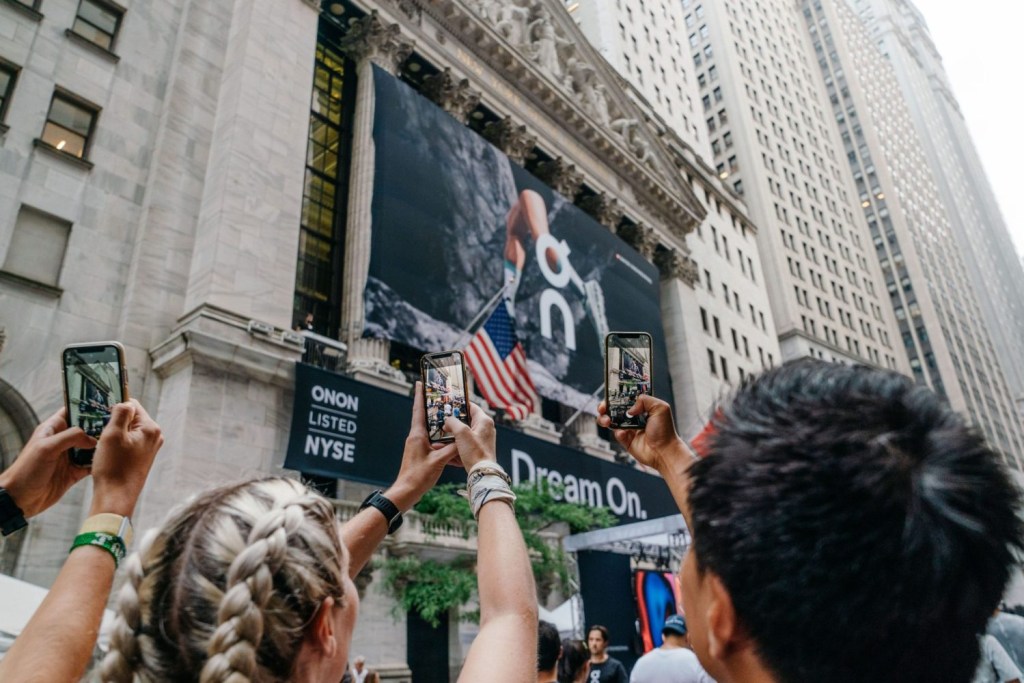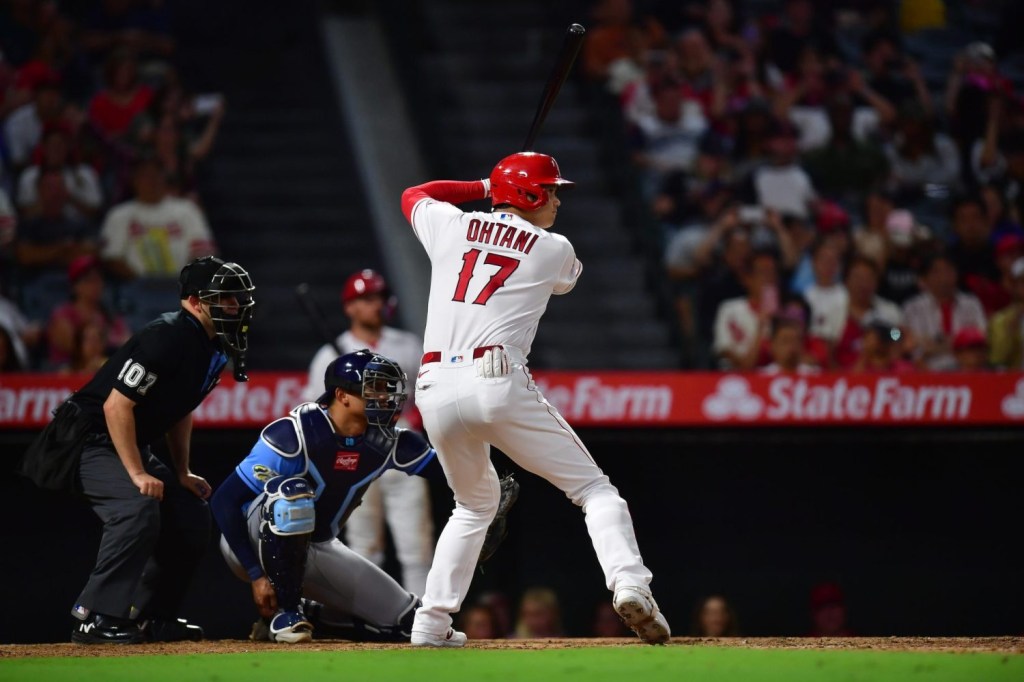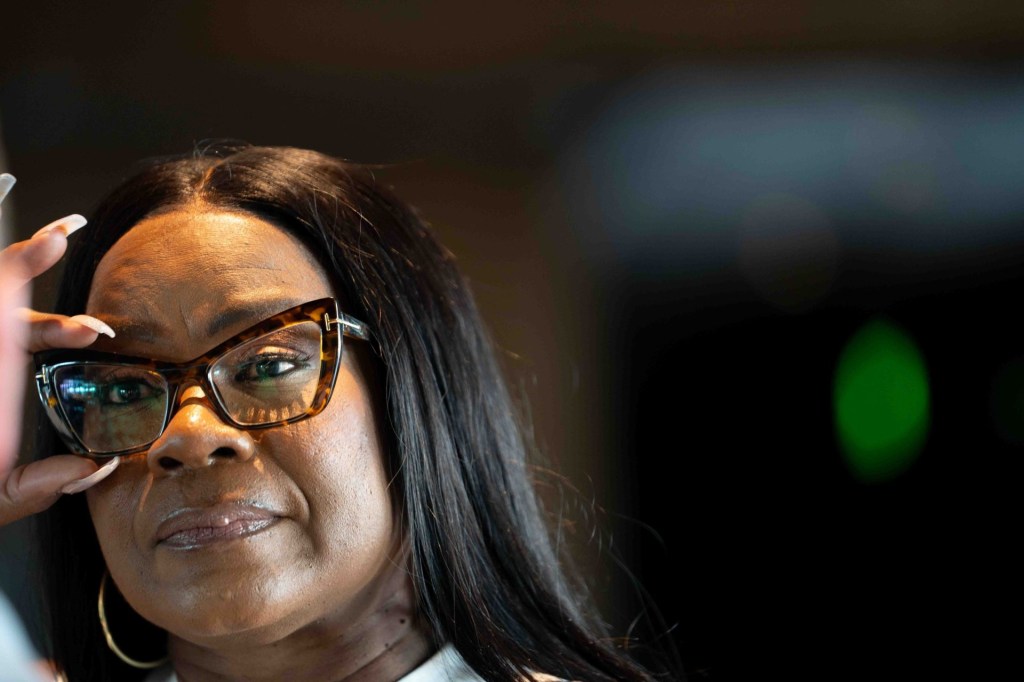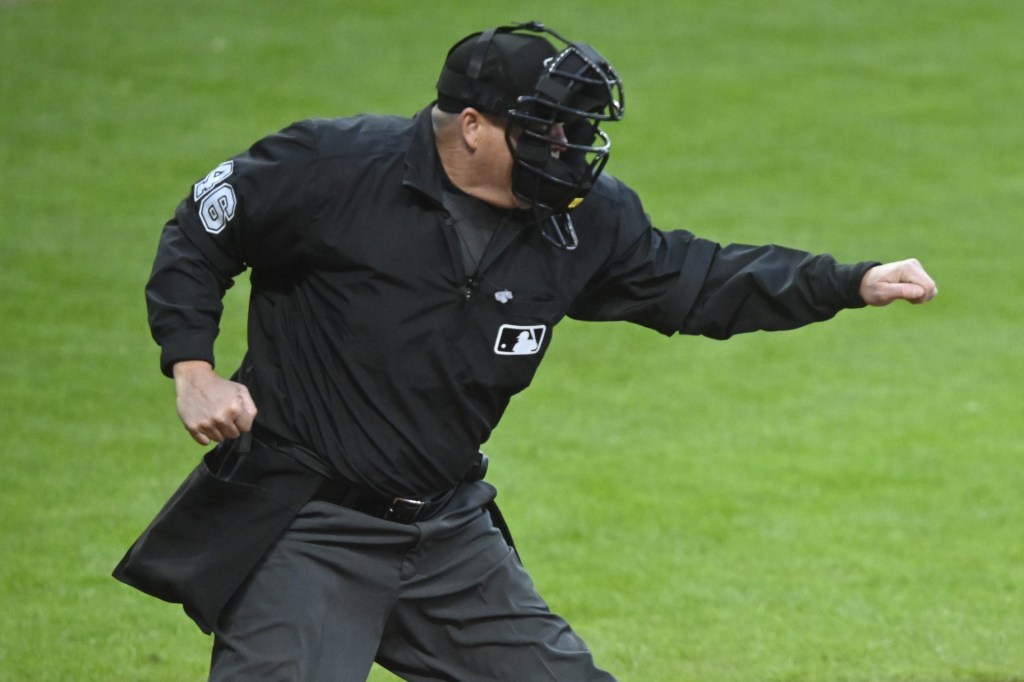This feature is presented to you by the University of Nebraska — Lincoln Master of Arts in Business with a Specialization in Intercollegiate Athletics Administration
By: DaWon Baker, @dawonbbaker

As an athlete growing up, Kyle Brandenburgh’s journey into the sports business industry began at an early age.
“I grew up playing baseball and football. I wanted to do something specific to the business of sport, I wanted to combine my passion of business with sport.”
An economics and marketing major, Brandenburgh graduated from Baylor University. After graduation, Brandenburgh enrolled in the Master of Science in Sport Management program at Southern Methodist University in Dallas, Texas. His educational experience at Baylor and SMU, along with his internship experiences would go on to become a catalyst for where he would find himself today as an account coordinator and sponsorship consultant for Lagardère Sports and Entertainment. Although he now finds himself working for one of the biggest names in sports, it wasn’t always like that.
“You have to really work to break into the industry. I emailed every team and every agency in the state of Texas while I was an undergrad. I figured that all they can say is, “no.” I remember sitting there and guessing emails of executives for agencies and teams and I would shoot them my resume explaining my goals and desire to work for them.”
Related Reading: Dow Chemical’s Sports Sponsorship: An Unexpected Bond
After countless emails and many months spent building relationships, Brandenburgh was able to secure an internship with Haymaker, where he worked full-time along while attending graduate classes at SMU four nights per week. Armed with the knowledge he had gained from his internship with Haymaker and his experience in the classroom at SMU, he knew that sponsorship had become his passion.
“In my job, you have to be able to sit at a computer and crank out spreadsheets at one moment, then get on a call with a client to talk creative ideas and activations. That dynamic atmosphere is what I enjoyed. I also love working directly with athletes, it’s dynamic and it’s different every day.”
For Brandenburgh, sport sponsorship is an integral part to the fan experience.
“It’s endemic and integral to the fan experience. Teams and properties rely a lot on corporate partners to add to the experience now. It’s also endemic to the athlete experience as well. From head to toe, just about everything the athlete has on is negotiated. ”
Through his coursework at SMU and his experience at his internship, he was able to land a full-time job.
“While in grad school, I was able to apply what I was doing to the job from the classroom, and it made me enjoy the industry of sponsorship. The SMU program has a significant focus on revenue generation and sponsorship marketing, so that helped as well.”
As a sponsorship consultant and account coordinator, Brandenburgh works with brands to identify, negotiate and activate partnerships. Being in this position, Brandenburgh has noticed some differences between working with an agency compared to a team.
“The great thing about working for an agency is you see all sides. You’re in charge of negotiating for the brand; they empower agencies to do that. Teams are more sales oriented and I think working for an agency sets you up to go down a lot of different routes and it builds up your skill set for different avenues. Working for an agency, you get to see a lot of different organizations, whereas in a team, that’s your team. In an agency, I think you get to dabble and play in a lot of different areas.”
One of his favorite parts of his job is working with UFC and MetroPCS.
“Our national partnership is with UFC, which is a dynamic and different sport. The sport has grown since I’ve started on the business, so it has been cool to see the brand grow along with it. You have to roll with the punches and be agile, since the sport is not seasonal, it’s year round.”
While he has enjoyed every part of his career to this point, Brandenburgh knows that none of his success has come without hard work and the ability to build professional relationships.
“This is a relationship business. That’s how you grow and that’s how business is done. For those coming into the industry, work, network and continue to just grind when in those entry-level positions. Work, network and continue to grind. It’s hard to get into sports. Period. But the work doesn’t stop when you get the position. You have to work hard in the position as well. In this industry you can’t talk to enough people, create relationships and that’s how you get a job. That’s how you grow.”
